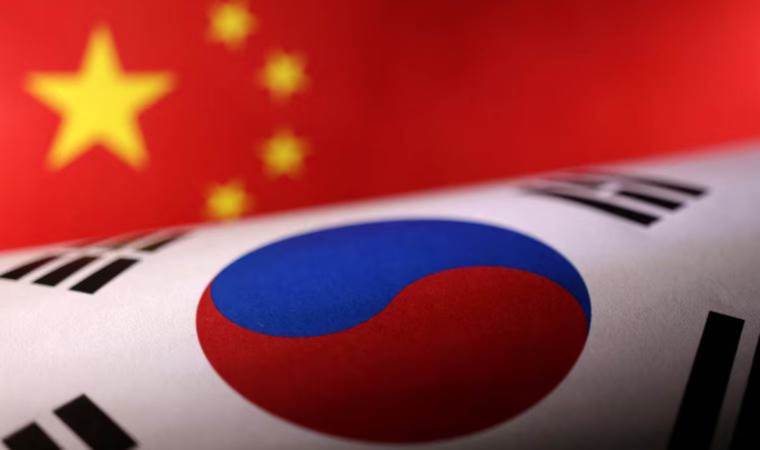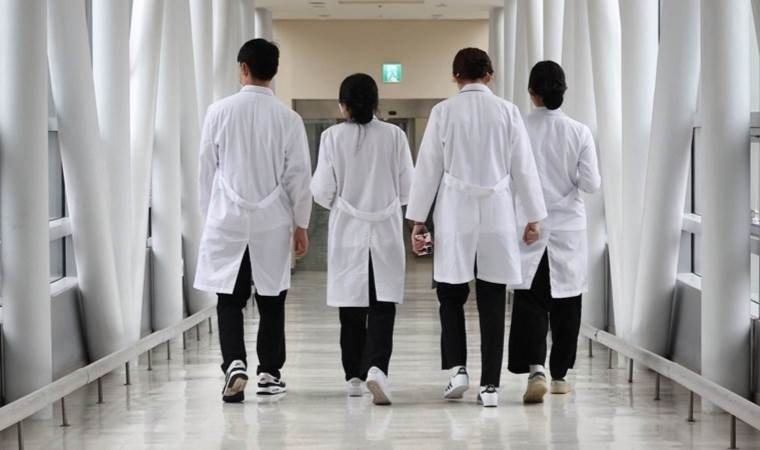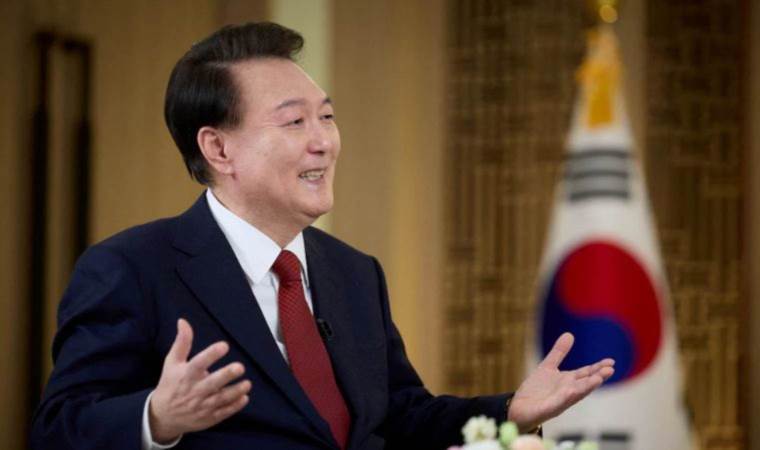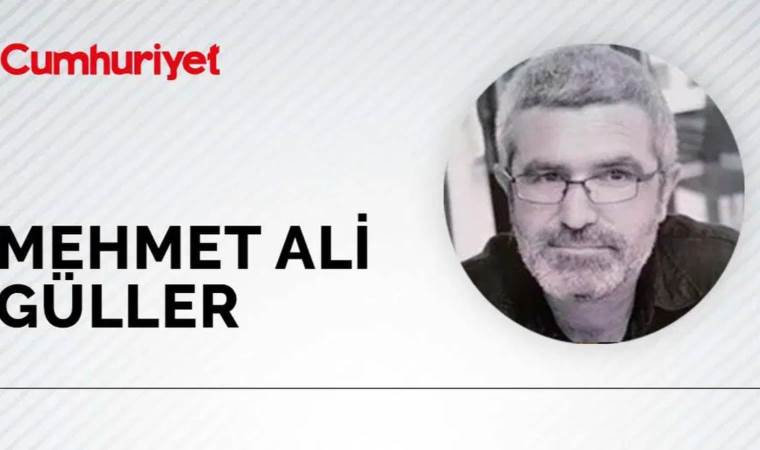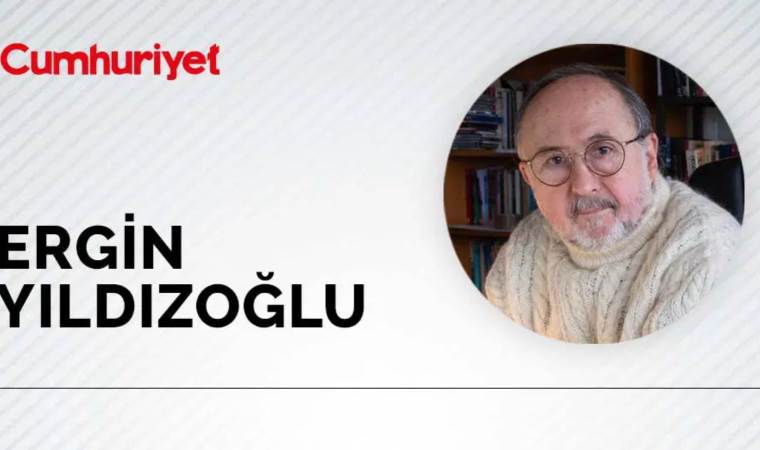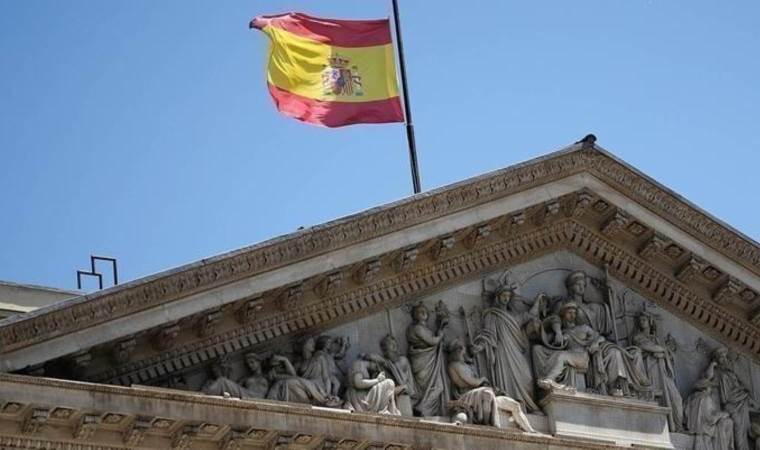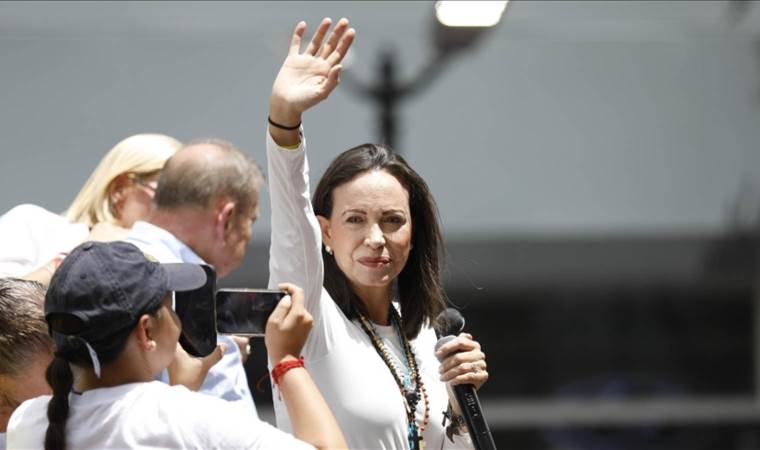South Korea orders doctors to return to work amid prolonged strike
South Korea issues a return to work order for medical professionals amid the months-long strike joined by practitioners and medical professors alike.
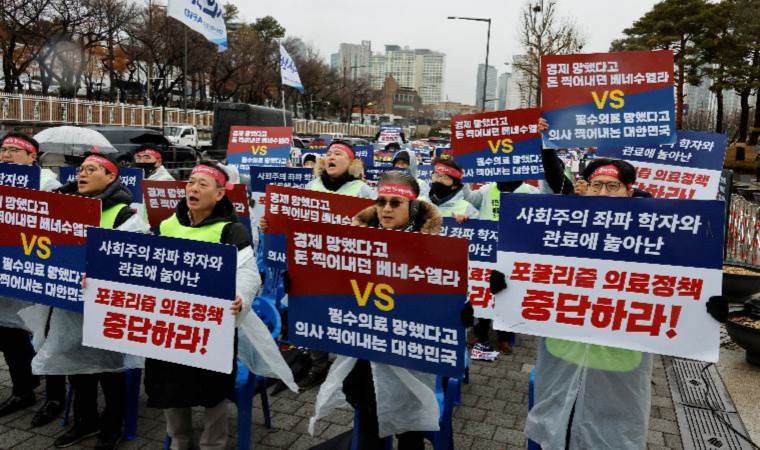
The South Korean government issued a return-to-work order for private practitioners on Tuesday as more doctors including medical professors join the months-long strike to protest increasing medical school admissions.
Around four percent of some 36,000 private clinics have notified the government of plans to be closed on Tuesday to take part in the protest, Health Minister Cho Kyoo-hong said.
"To minimise the medical gap, the return-to-work order will be issued at 9 a.m. today," Cho told a briefing.
The government previously issued a return-to-work order to striking trainee doctors before withdrawing it earlier this month as an olive branch.
Under the law, doctors defying the return-to-work order can face suspension of their licences or other legal repercussions.
President Yoon Suk Yeol said the doctors' strike was "regretful and disappointing".
"(The government) has no choice but to sternly deal with the illegal acts neglecting patients," Yoon said during a cabinet meeting, while offering to work together if the doctors return to work.
The Korea Medical Association, a critic of the government's reforms, was leading Tuesday's strike. The group also staged a protest in Seoul on the same day, calling for reconsideration of increasing medical school admissions.
"The government should respect...all doctors in this land as life-saving experts, not slaves, and listen to their voices," Association President Lim Hyun-taek said.
At least some 10,000 people showed up for the protest, according to a Reuters witness, with protesters wearing a makeshift hat saying: "Prevent medical collapse."
According to a survey by local pollster nownsurvey conducted last week, nearly eight in 10 South Koreans oppose the doctors' strike.
Some doctors and medical staff have openly criticised the collective action in response to the government's push for an increase in medical school admissions to address the shortage of doctors in the country.
Others have argued that increasing the number of doctors alone will do little to shore up essential services and rural areas grappling with a deepening shortage of doctors.
More than half of medical professors at Seoul National
University hospitals on Monday went on indefinite strike, the
Yonhap news agency reported.
Most Read News
-
 The Greenland and NATO reality
The Greenland and NATO reality
-
 As 2026 starts: “The Big Picture”
As 2026 starts: “The Big Picture”
-
 Sanctioned tankers leave Venezuela as US tightens oil bl
Sanctioned tankers leave Venezuela as US tightens oil bl
-
 Spain says Venezuela’s natural resources belong to its p
Spain says Venezuela’s natural resources belong to its p
-
 US officials say raid to capture Venezuela’s Maduro left
US officials say raid to capture Venezuela’s Maduro left
-
 Venezuela opposition leader Machado pushes leadership cl
Venezuela opposition leader Machado pushes leadership cl
-
 Israel issues tender to build over 3,400 settler homes i
Israel issues tender to build over 3,400 settler homes i
-
 NATO chief welcomes progress on securing 'end to Ukraine
NATO chief welcomes progress on securing 'end to Ukraine
-
 US demand for exclusive oil partnership with Venezuela a
US demand for exclusive oil partnership with Venezuela a
-
 US forces attempt to board Russian-flagged oil tanker in
US forces attempt to board Russian-flagged oil tanker in
